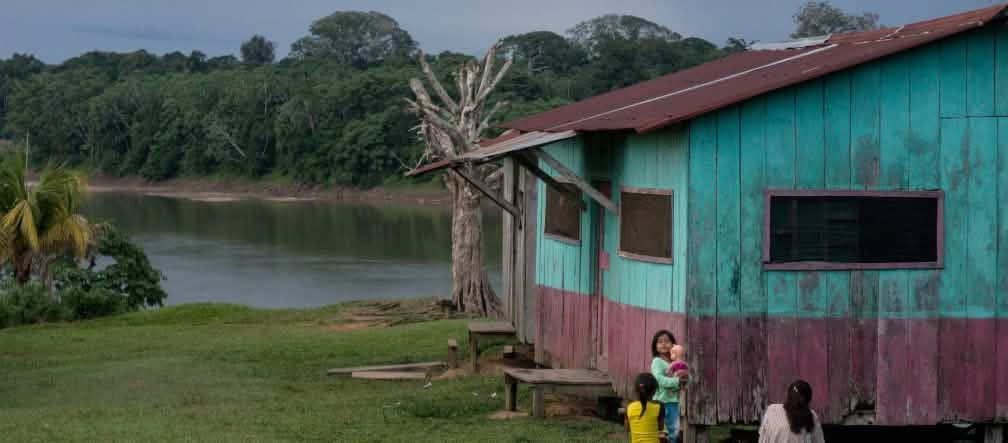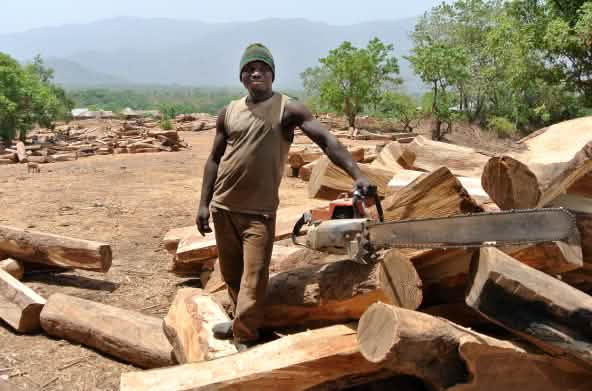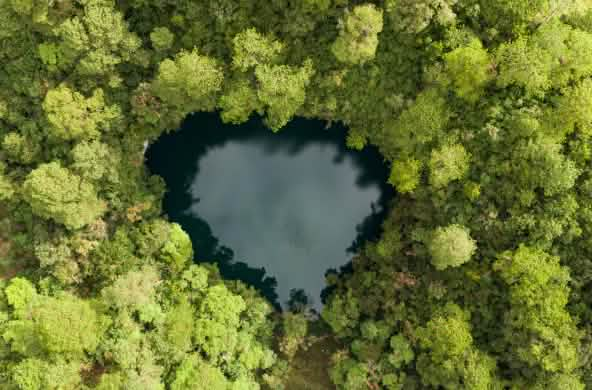
Completed campaign
Toxic gold: stop poisoning the rainforest with mercury!
The noise of bulldozers and suction pumps reverberates along the Caqueta River in Colombia. Thousands of miners are illegally digging for gold in its sediments – and contaminating the river and surrounding rainforest with mercury. Indigenous people and wildlife face slow, painful deaths from the toxic heavy metal.
To: Iván Duque Márquez, President of the Republic of Colombia; Ricardo José Lozano Picón, Minister for Environment and Sustainable Development
“Stop gold mining in the rainforest – clean up rivers contaminated with mercury”Gold mining in South American rainforests is not only driving deforestation, it is also polluting fragile ecosystems with mercury. Gold miners use it to separate gold particles from soil and river sediments.
The toxic heavy metal contaminates the water and the soil, while mercury vapor spreads through the air. It’s not surprising that Colombia suffers from the third-highest level of mercury pollution in the world.
Mercury enters the food chain when plants and animals absorb it. Fish – the most important source of protein for local indigenous people – are severely contaminated.
Humans absorb mercury by inhaling the vapor, through skin contact and ingesting it in food. The heavy metal accumulates in various organs and is extremely harmful to the nervous system. Children and fetuses are particularly sensitive to mercury, and exposure to small amounts can irreparably damage their health.
The indigenous people living in rainforest areas are hit particularly hard by the use of mercury in gold mining.
According to the Colombian Constitutional Court and the national indigenous organization, ONIC, indigenous peoples such as the Murui and Muinane who live along the Caquetá River in Colombia are on the verge of physical and cultural extinction.
Tell the Colombian government to ban gold mining in rivers and deploy available mercury cleanup technologies to decontaminate the affected rivers.
Further information and sources:
Mercury in the Global Environment: Patterns of Global Seafood Mercury Concentrations and their Relationship with Human Health Biodiversity Research Institute: http://www.briloon.org/uploads/Library/item/262/file/Mercury%20in%20the%20Global%20Environment.pdf
In Spanish:
https://igapo-project.jimdofree.com
https://www.facebook.com/IgapoProject
https://twitter.com/IgapoProject
https://www.instagram.com/igapoproject
Efectos de la minería en Colombia sobre la salud humana, Jesús Olivero Verbel: http://concienciaciudadana.org/efectos-de-la-mineria-en-colombia-sobre-la-salud-humana
El mercurio contamina silenciosamente al río Caquetá, Esteban Cabuya Parra: https://semanarural.com/web/articulo/rio-caqueta-y-la-contaminacion-con-mercurio-mineria-amazonia/625
Minería: Impactos sociales en la Amazonia: https://www.sinchi.org.co/mineria-impactos-sociales-en-la-amazonia
Tratamiento de bajo coste para aguas contaminadas por actividades de minería, investigación y propuesta de la Universidad Politécnica de Madrid: http://oa.upm.es/44286/1/INVE_MEM_2014_238768.pdf
Muerte lenta: el pueblo uitoto acorralado por el mercurio, José Guarnizo Álvarez: http://especiales.semana.com/mercurio-contaminacion/index.html
To: Iván Duque Márquez, President of the Republic of Colombia; Ricardo José Lozano Picón, Minister for Environment and Sustainable Development
Excellencies,
We are deeply concerned about the level of mercury contamination of the Caquetá River and its impact on indigenous peoples who live on its banks and whose livelihoods mainly depend on fishing. As early as 2009, several of the peoples were classified by the Colombian Constitutional Court as threatened with physical or cultural extinction.
Today, many Murui, Muinane and Andoke communities suffer from a variety of serious diseases, some of which are incurable, and in some cases fatal. These groups are marked by an unusually high percentage of children born with severe deformities and mental disabilities.
Furthermore, many elderly people are developing previously unknown diseases of the nervous system, digestive organs and skin. The premature death of older people is not only a tragedy for their families, but also for the preservation of indigenous cultures.
Colombia has the third highest level of mercury contamination in the world. Studies conducted by the Universidad de los Andes, the Universidad de la Amazonía and the Omacha Foundation show that the fish in the river Caquetá contain up to 4.5 times more mercury than deemed safe by the World Health Organization, making them unsuitable for human consumption.
These indigenous communities live in remote areas far from health services, increasing their vulnerability to pollution-related diseases.
We call on you to take all necessary measures to protect the indigenous people living in Colombia and to put an end to the contamination of their environment.
We ask you to allocate the human, material and financial resources needed to combat gold mining activities that release large quantities of mercury every day.
Furthermore, we ask you to deploy existing technologies to decontaminate the river in order to protect the unique natural environment.
As a country bordering the Amazon basin, it is your responsibility to help protect this ecosystem, which is crucial not only for the health of its inhabitants, but that of the entire planet.
Yours faithfully,

